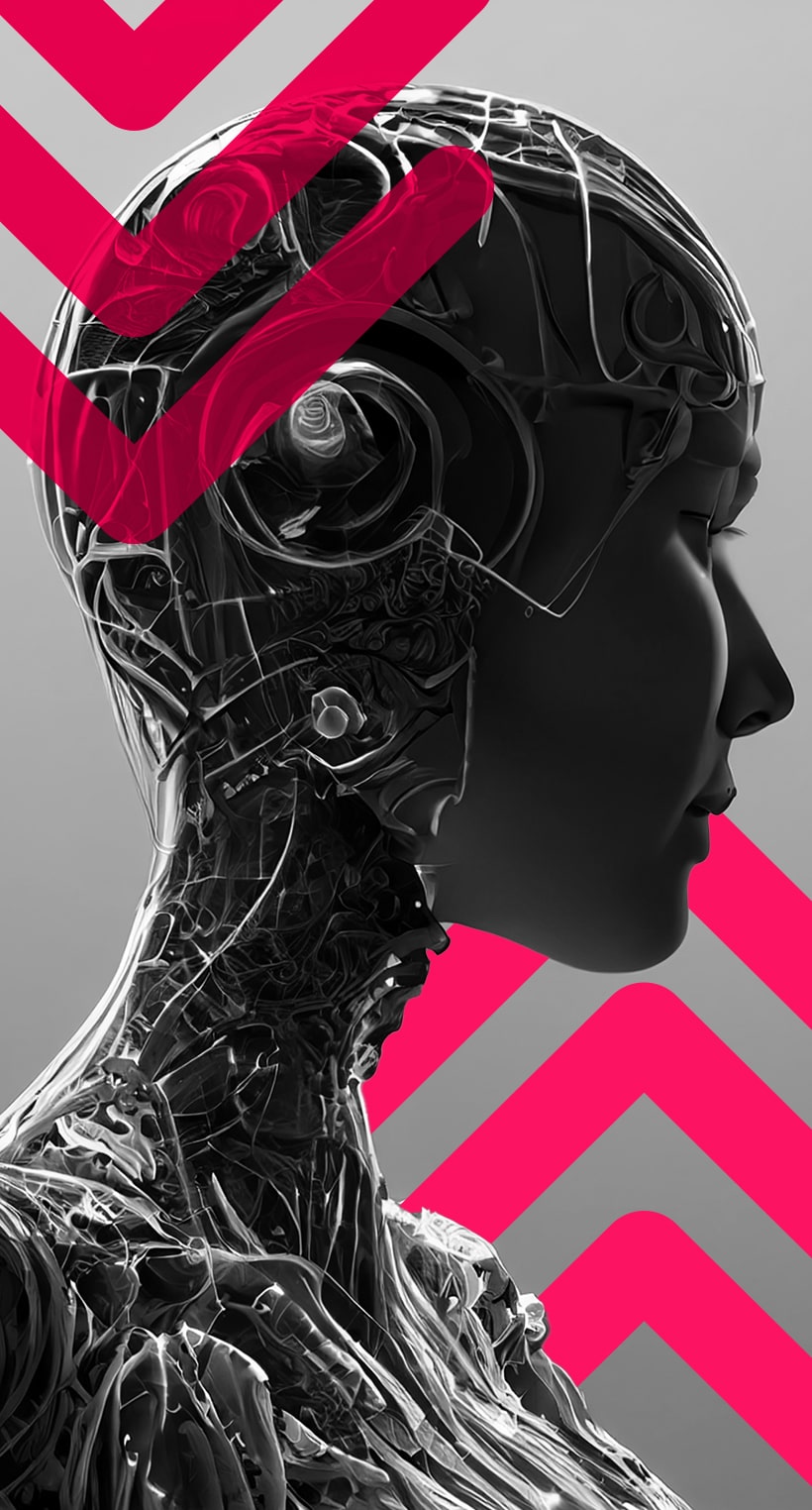The vastness of space and the endless possibilities it holds have intrigued humanity for centuries. Now, with the advent of Artificial Intelligence (AI), we are on the verge of a new era in space exploration. AI has the potential to revolutionise every aspect of our journey beyond Earth, from mission planning and spacecraft design to data analysis and even astronaut assistance. In this article, we’ll delve into the role of artificial intelligence in space exploration, its applications, benefits, challenges, and the promising future it holds.
The Role of Artificial Intelligence in Space Exploration
Artificial intelligence plays a pivotal role in space exploration. Its ability to process vast amounts of data and identify patterns quickly makes it an invaluable tool for scientists and engineers. One key area where AI excels is in mission planning. Traditionally, mission planning requires human expertise and countless hours of calculations. With AI, however, complex algorithms can be developed to optimise trajectories, reduce fuel consumption, and increase mission efficiency. This not only saves time and resources but also opens up new possibilities for exploring distant celestial bodies.
AI also plays a crucial role in spacecraft design and operation. By leveraging machine learning algorithms, engineers can create autonomous systems that adapt to changing conditions and make real-time decisions. For example, autonomous rovers on Mars use AI to navigate challenging terrains, avoiding obstacles and selecting the most efficient paths. Additionally, AI can monitor spacecraft health, detect anomalies, and even perform necessary repairs, reducing the reliance on human intervention.
AI Applications in Space Exploration
The applications of AI in space exploration are vast and diverse. One prominent application is in data analysis. Space missions generate massive amounts of data, which can be overwhelming for human analysts. AI algorithms can process this data quickly, identifying patterns and anomalies and extracting valuable insights. This enables scientists to make informed decisions and uncover hidden treasures in the vastness of space.
Another exciting application of AI in space exploration is in the search for extraterrestrial life. Through machine learning algorithms, scientists can analyse data collected from telescopes and spacecraft to identify potential signs of life. By training AI models on known patterns and characteristics of life on Earth, we can improve our ability to recognise life forms in the vastness of the cosmos. This opens up new possibilities for discovering life beyond our planet.
Benefits of Artificial Intelligence in Space Exploration
The benefits of using artificial intelligence in space exploration are numerous. One of the most significant advantages is the speed and efficiency at which AI can process data. With AI, we can analyse extensive amounts of information in a fraction of the time it would take a human. This allows us to make faster decisions, adapt to changing conditions, and optimise mission objectives.
AI also reduces the risk and cost associated with space exploration. By automating certain tasks and enabling autonomous systems, we can reduce the need for human intervention. This not only minimises the risk to human life but also allows for longer-duration missions. Additionally, AI can help optimise resource utilisation, ensuring that we make the most of limited supplies and maximise scientific output.
Examples of AI in Space Exploration
There are already several examples of AI in space exploration that showcase the potential of this technology. One notable example is the Mars Rover missions conducted by NASA. These rovers, such as Curiosity and Perseverance, use AI algorithms to navigate the Martian surface, analyse rock samples, and make scientific observations. The AI onboard these rovers enables them to adapt to the challenging terrain of Mars, avoiding obstacles and selecting the most promising areas for exploration.
Another example is the Deep Space Network (DSN) operated by NASA. The DSN is a network of antennas used to communicate with spacecraft across the solar system. AI algorithms are used to optimise the scheduling of communication sessions, ensuring efficient data transmission and reducing delays. This enables scientists and engineers to receive real-time data from distant spacecraft and make timely decisions.
Future of Artificial Intelligence in Space Exploration
The future of artificial intelligence in space exploration is incredibly promising. As technology advances, AI will continue to play an increasingly important role in our quest to understand the universe. One exciting area of development is the use of AI in interplanetary travel. By leveraging AI algorithms, we can optimise trajectories, reduce travel time, and enable more ambitious missions. This could pave the way for crewed missions to Mars and beyond.
AI also has the potential to revolutionise our understanding of the cosmos. By analysing vast amounts of data collected from telescopes and spacecraft, AI algorithms can help us uncover new celestial objects, identify unknown phenomena, and deepen our understanding of the universe. This could lead to groundbreaking discoveries and reshape our view of the cosmos.
Collaboration Between AI and Human Astronauts
Rather than replacing human astronauts, AI can serve as a valuable collaborator. By leveraging the strengths of both AI and humans, we can achieve more significant advancements in space exploration. AI can assist astronauts in various tasks, such as analysing data, performing experiments, and even providing emotional support. This collaboration between AI and human astronauts will enable us to push the boundaries of exploration and achieve feats that were once unimaginable.
Conclusion
In conclusion, artificial intelligence is revolutionising space exploration in ways we could only dream of a few decades ago. From mission planning and spacecraft design to data analysis and astronaut assistance, AI is transforming every aspect of our journey beyond Earth. While there are challenges and limitations to overcome, the potential benefits are immense. With AI, we can unlock the secrets of the cosmos, discover new worlds, and expand our understanding of the universe. As we venture further into space, the collaboration between AI and human astronauts will be crucial in achieving our goals and shaping the future of space exploration.
;)
;)
;)